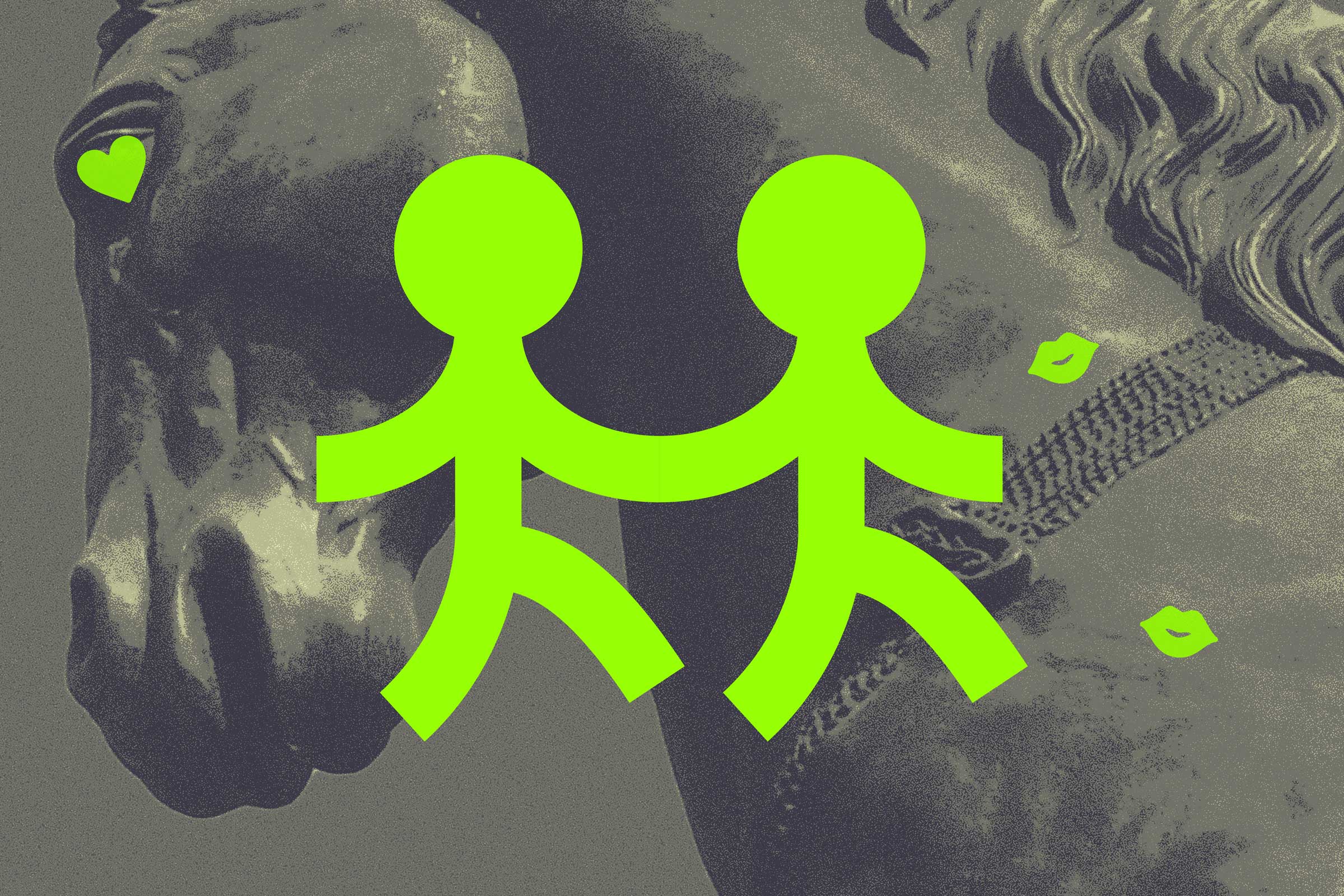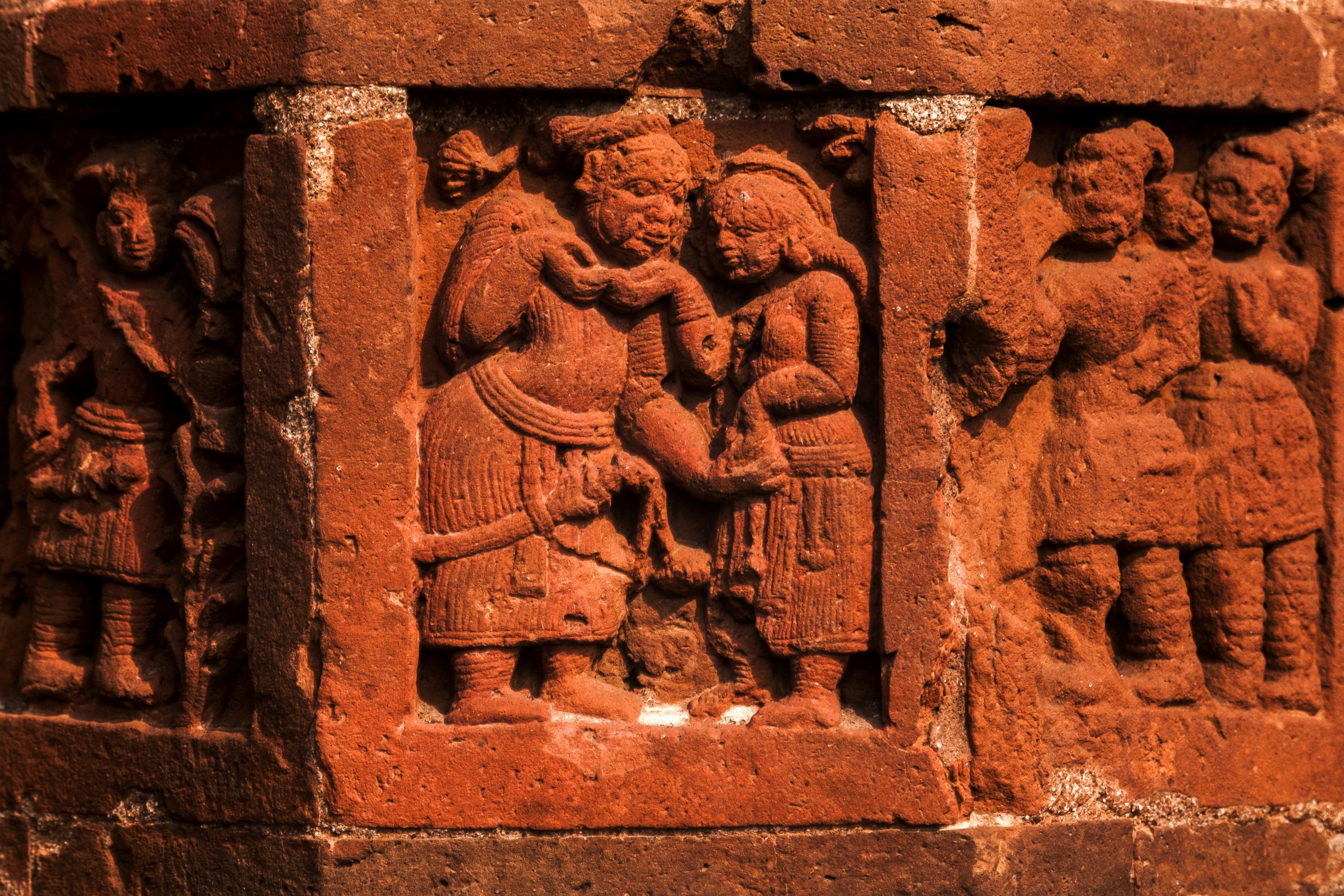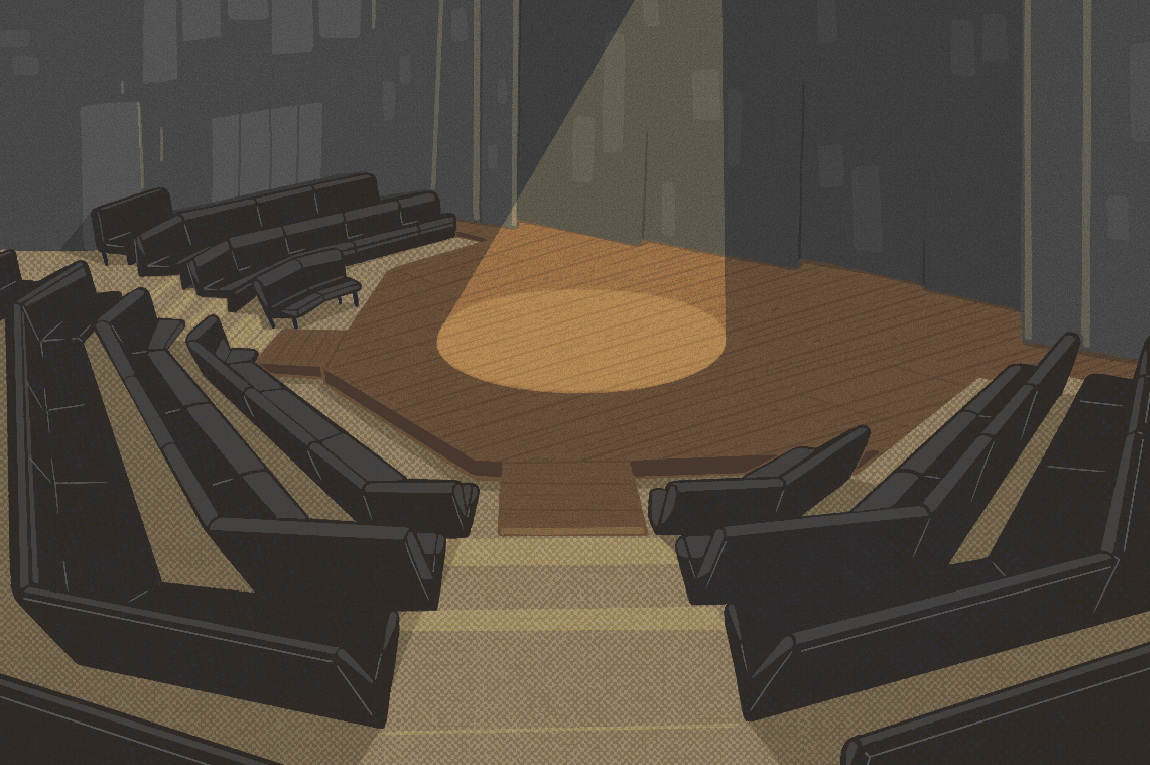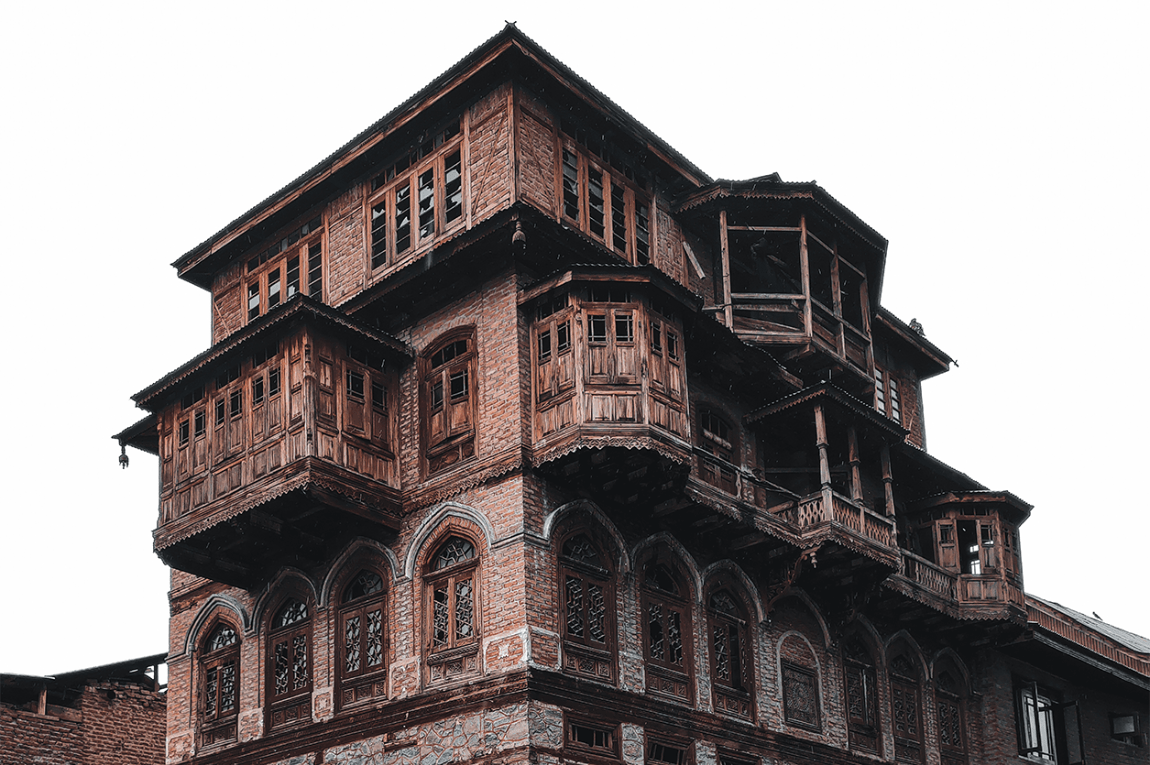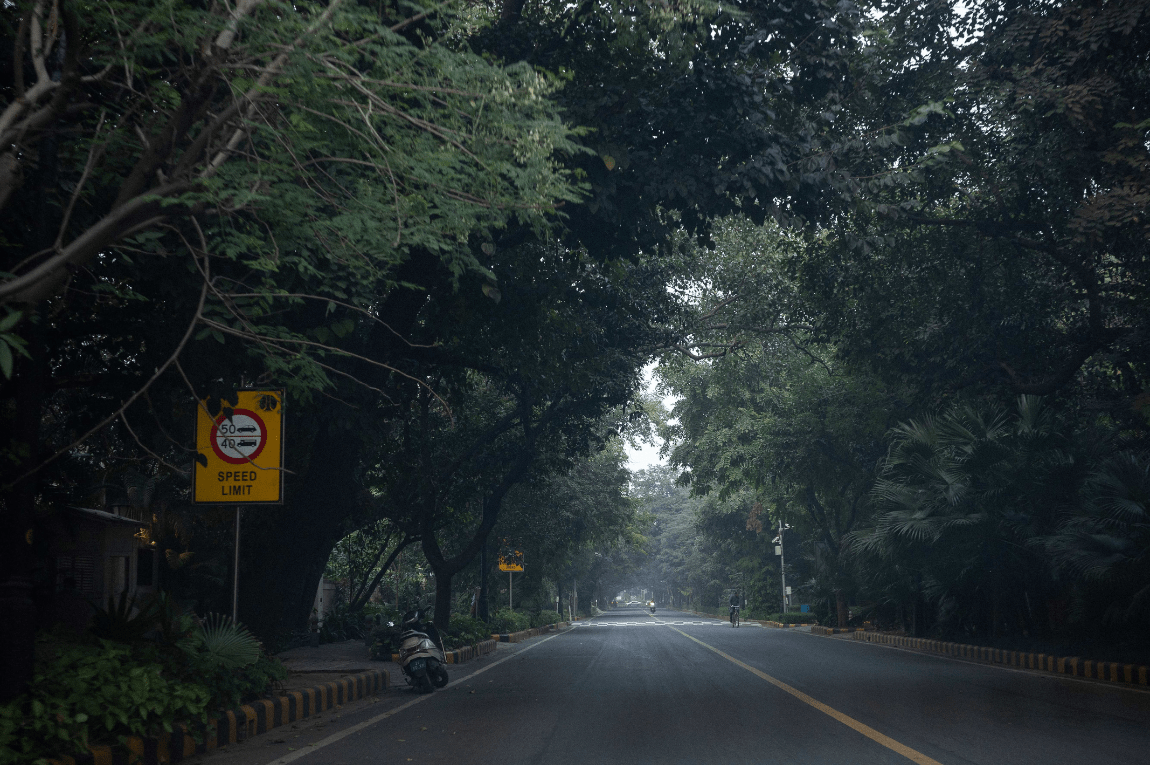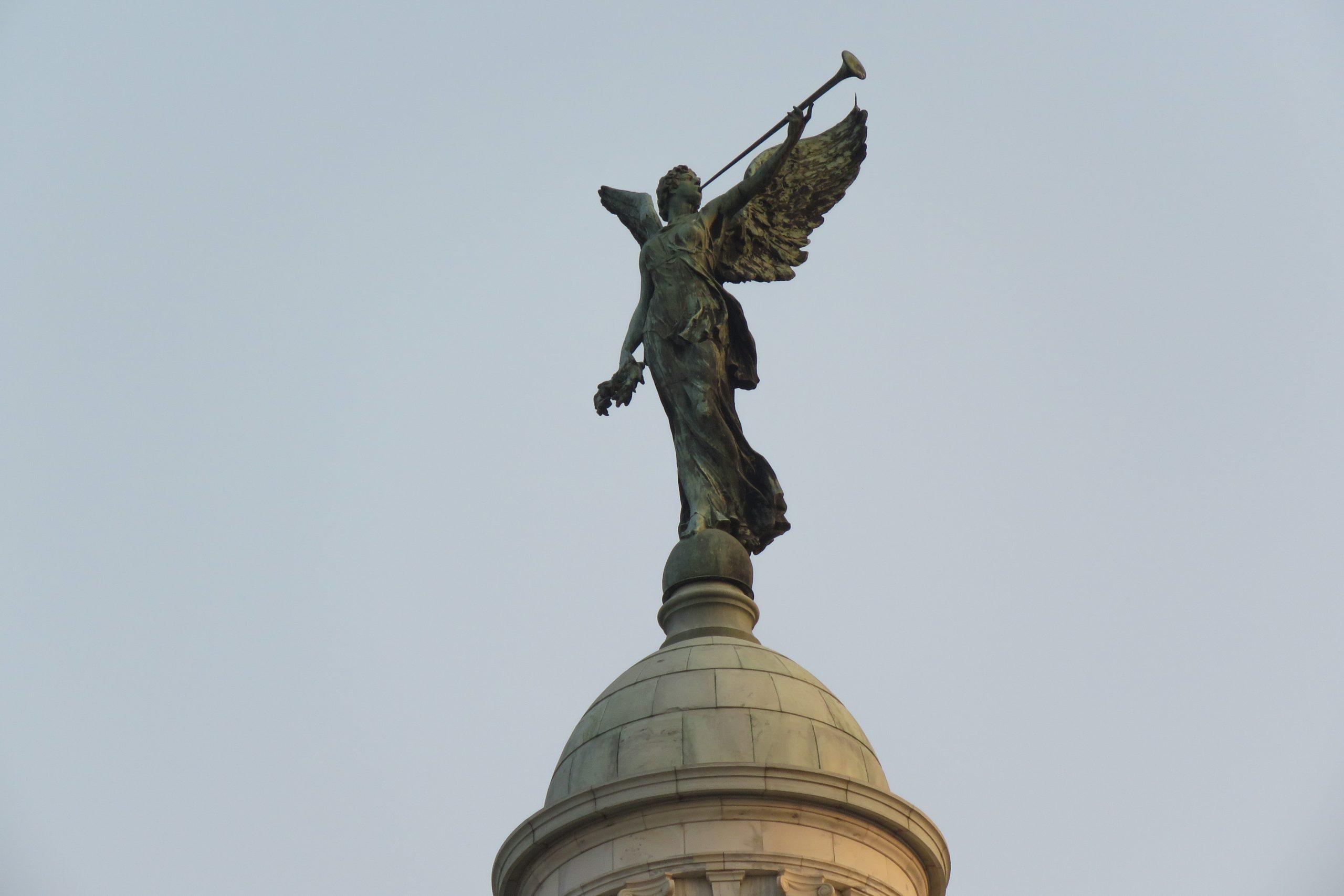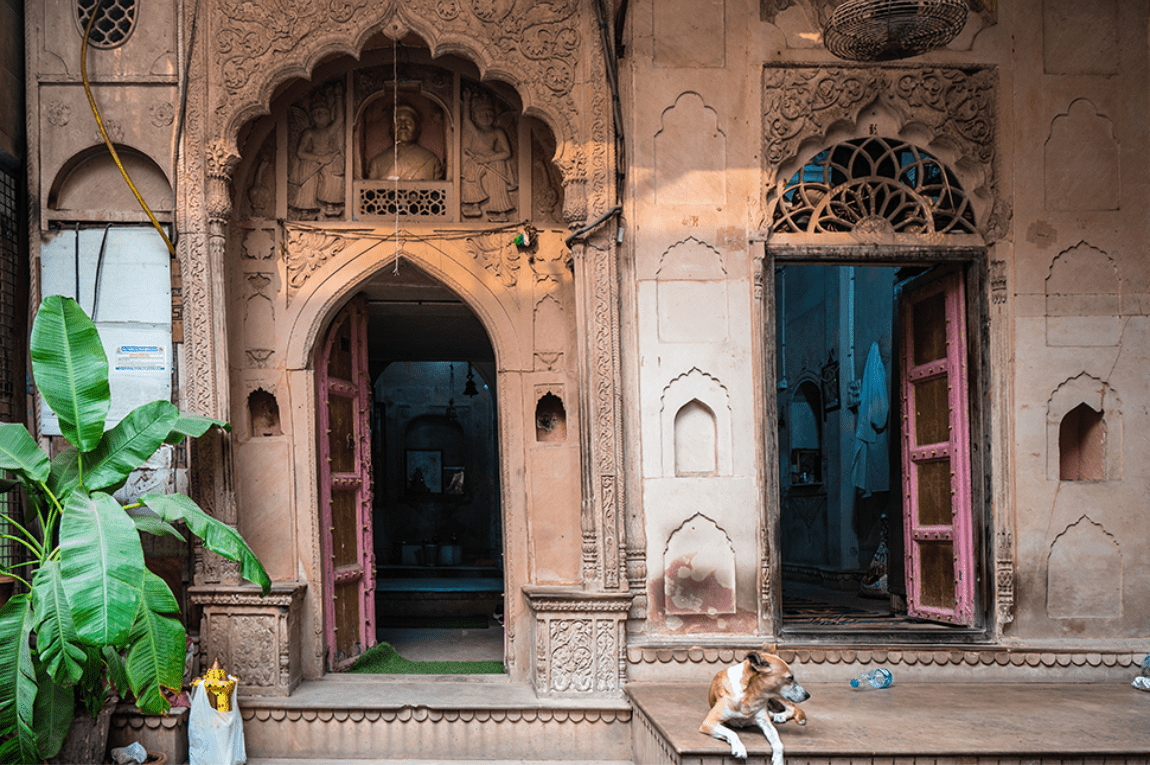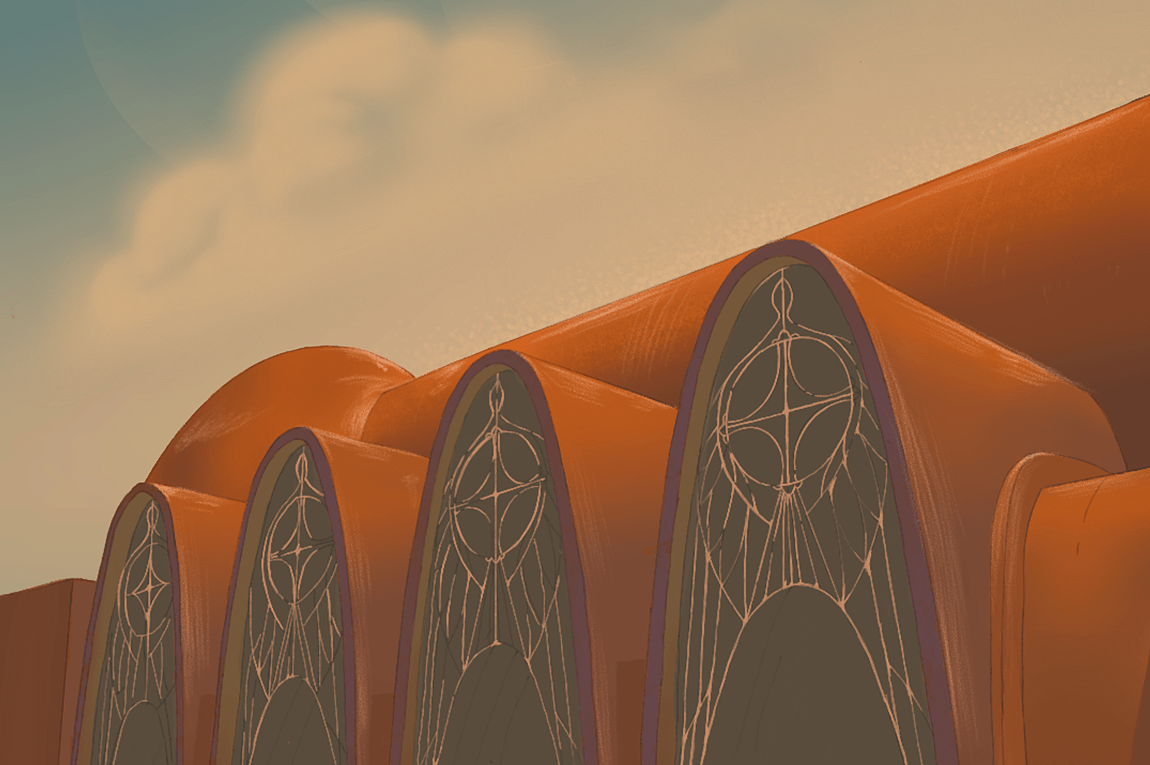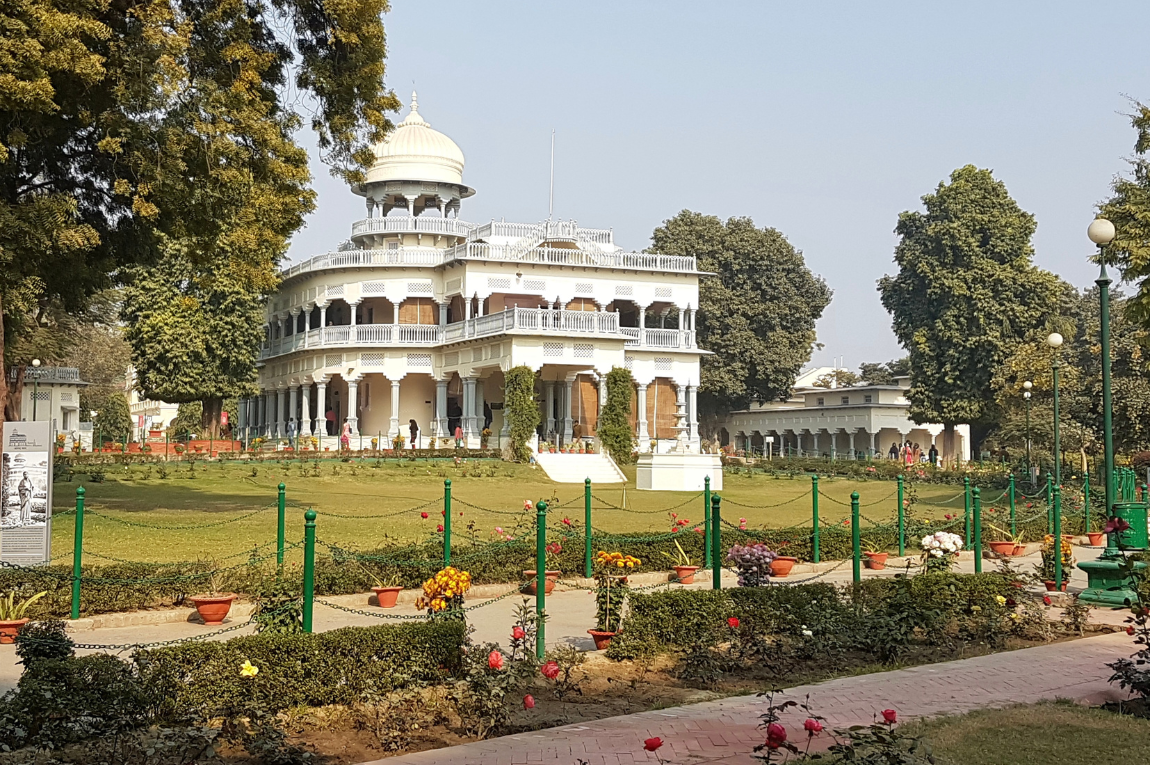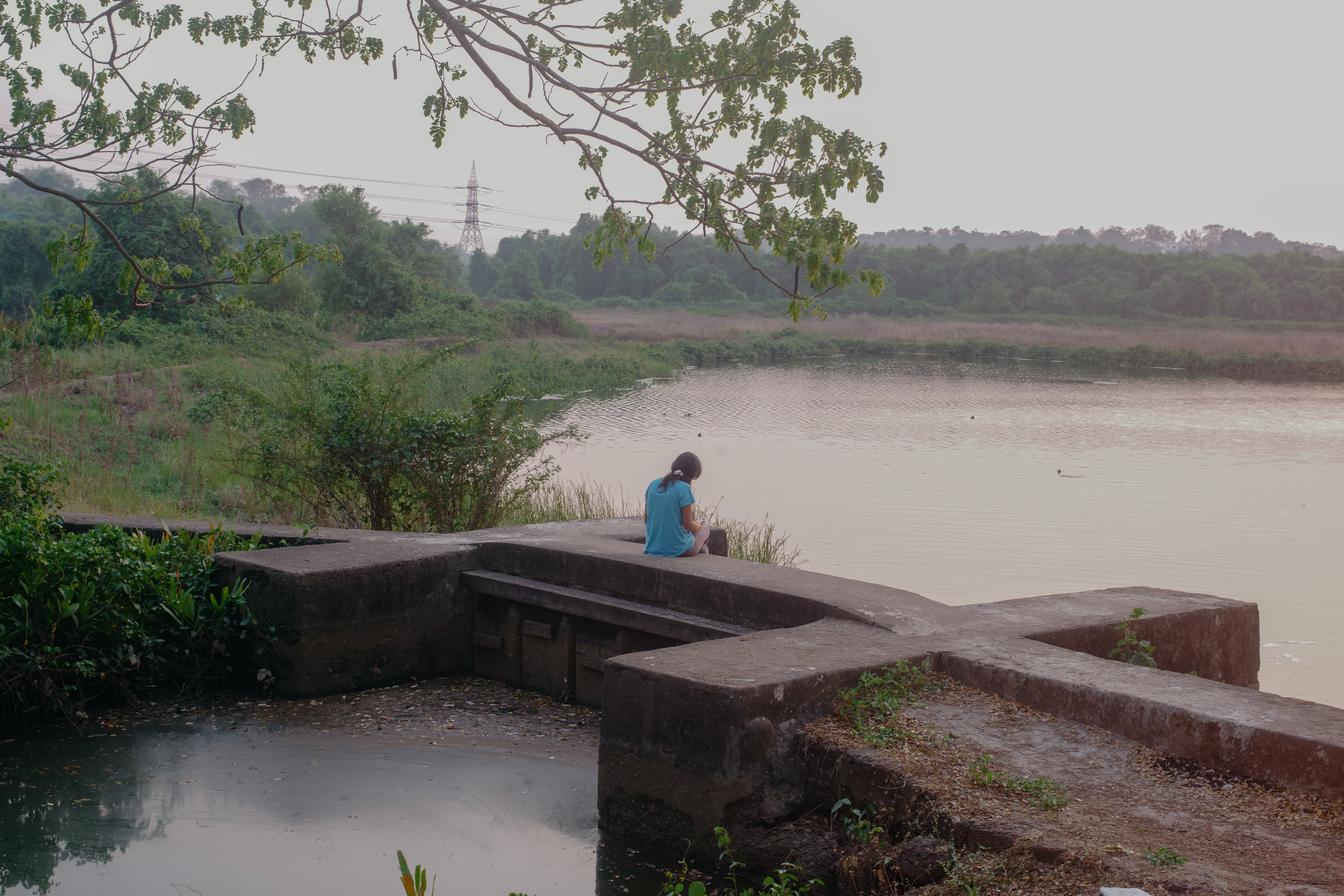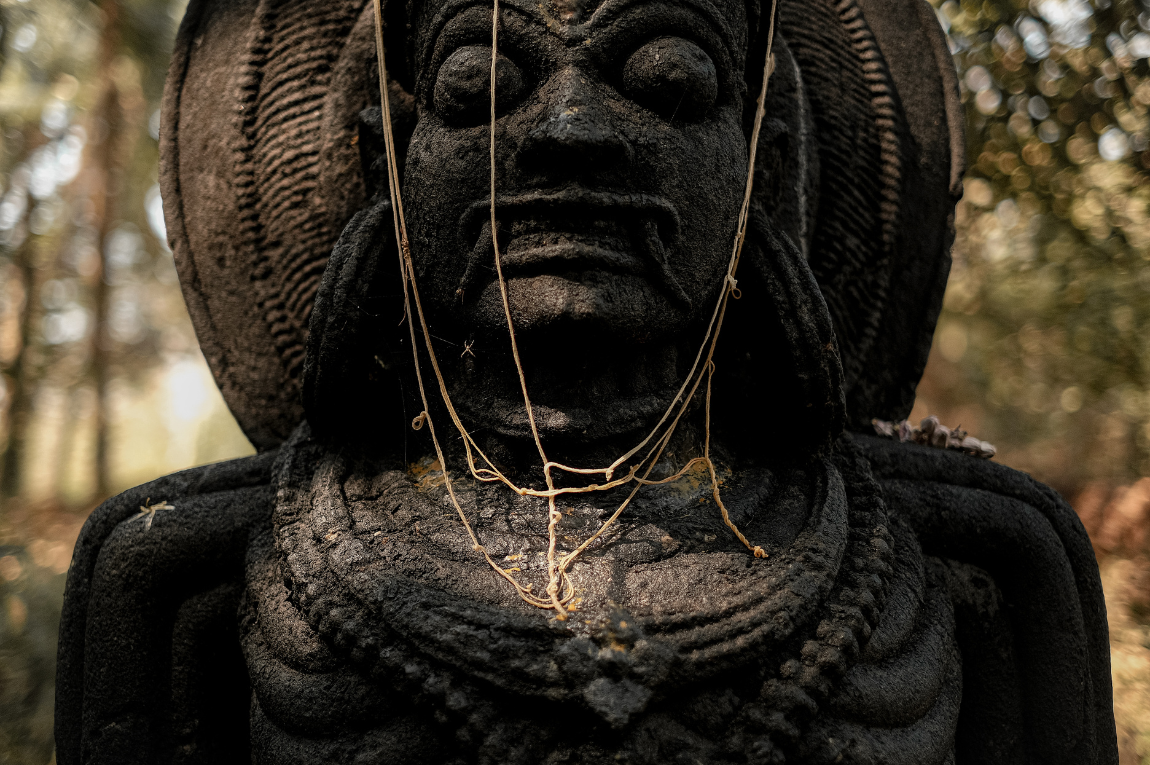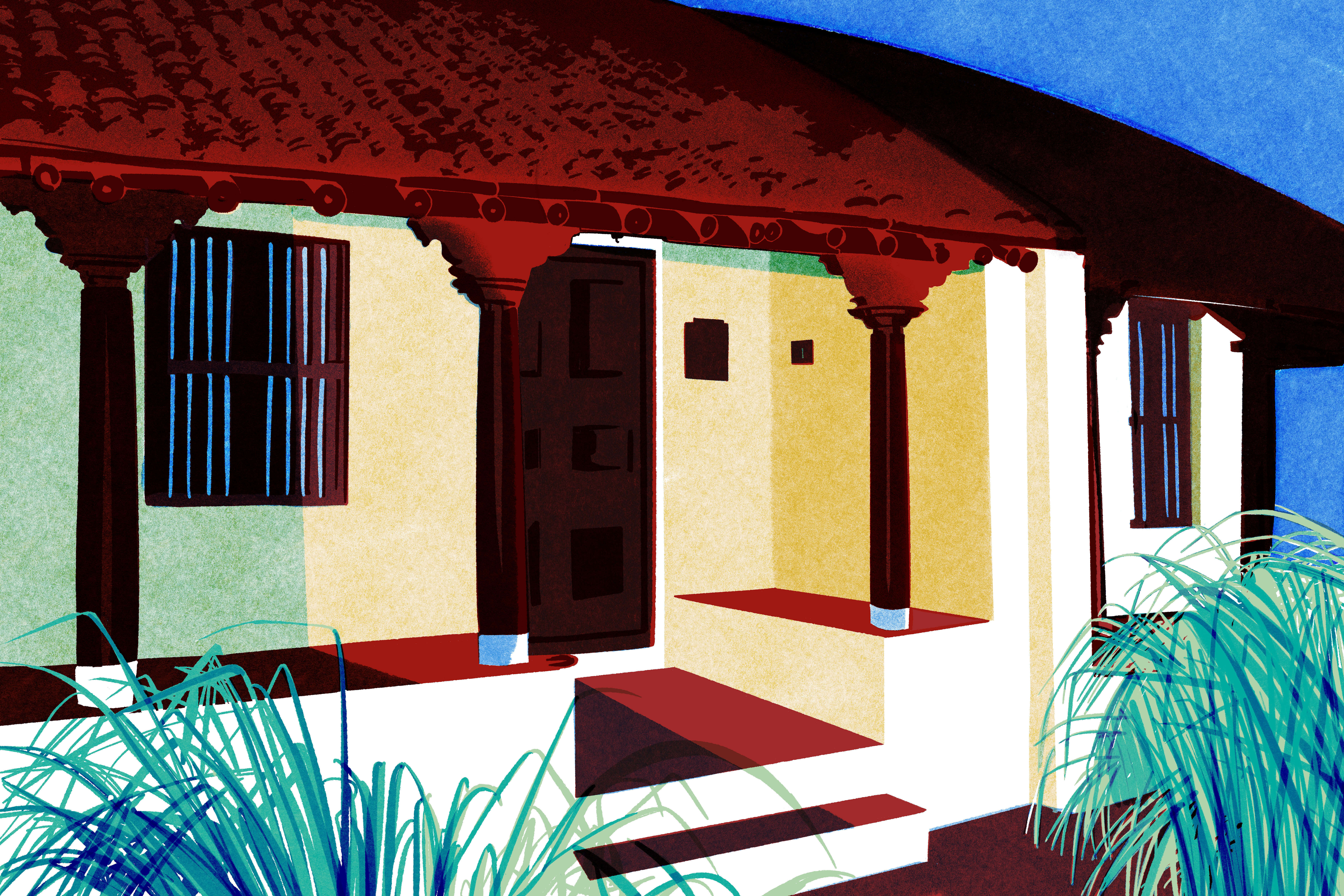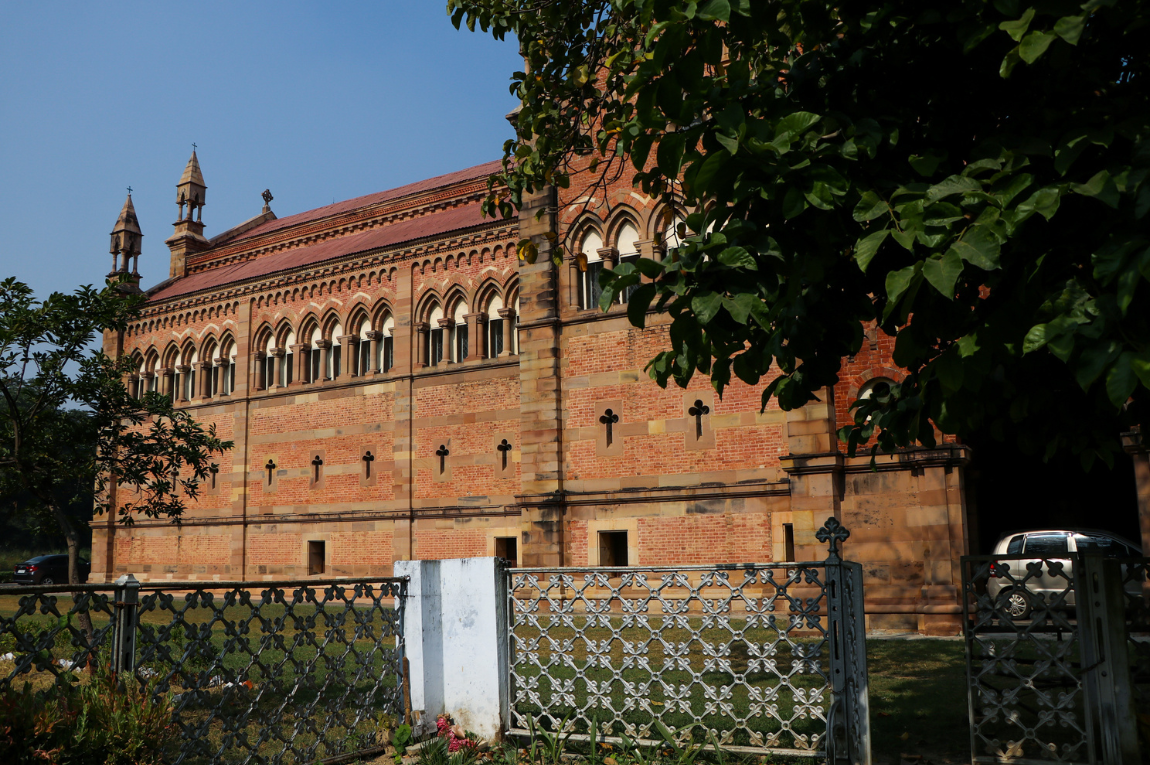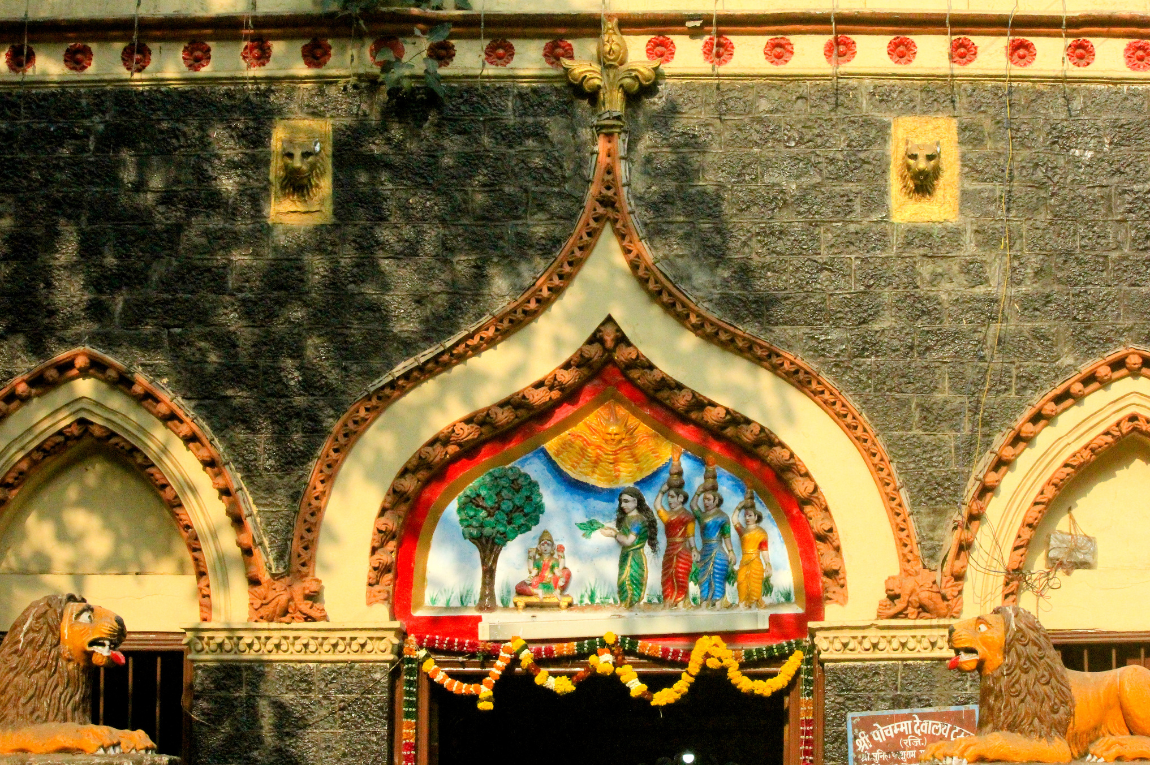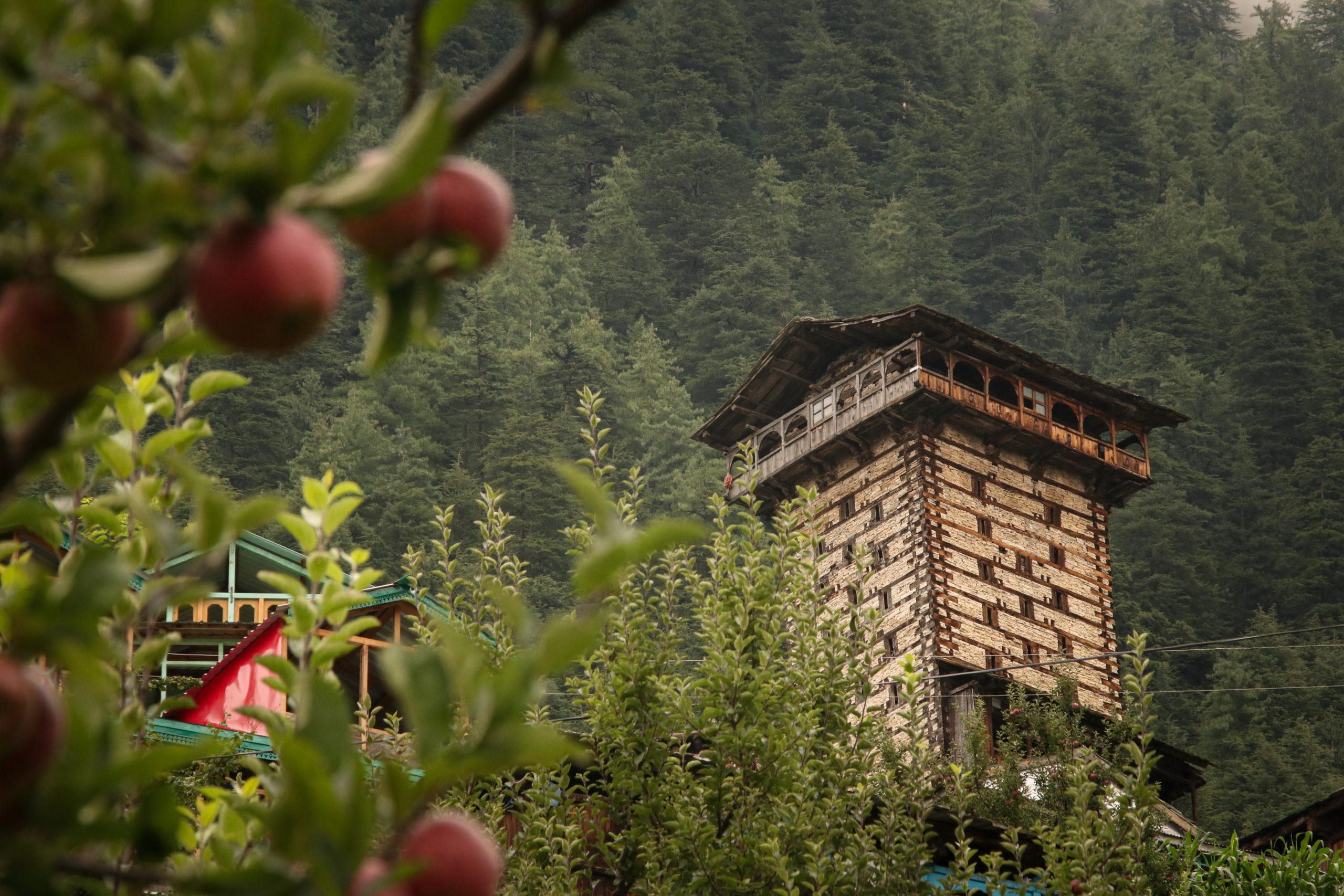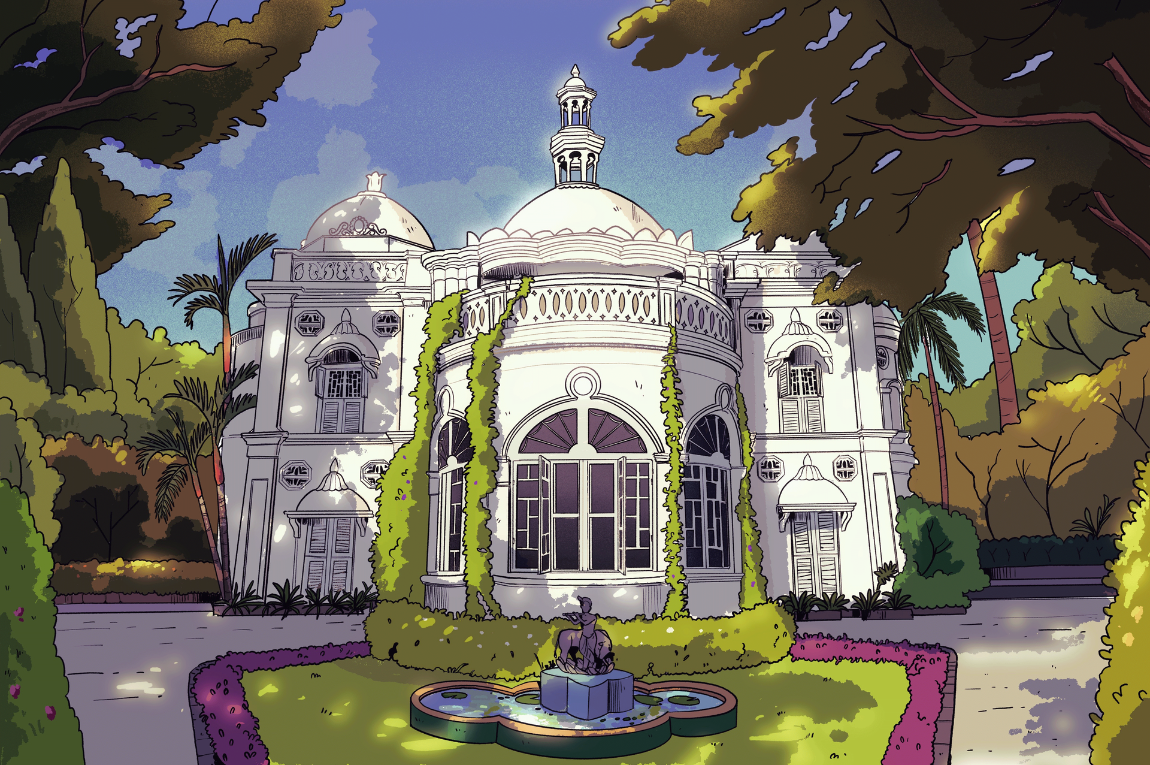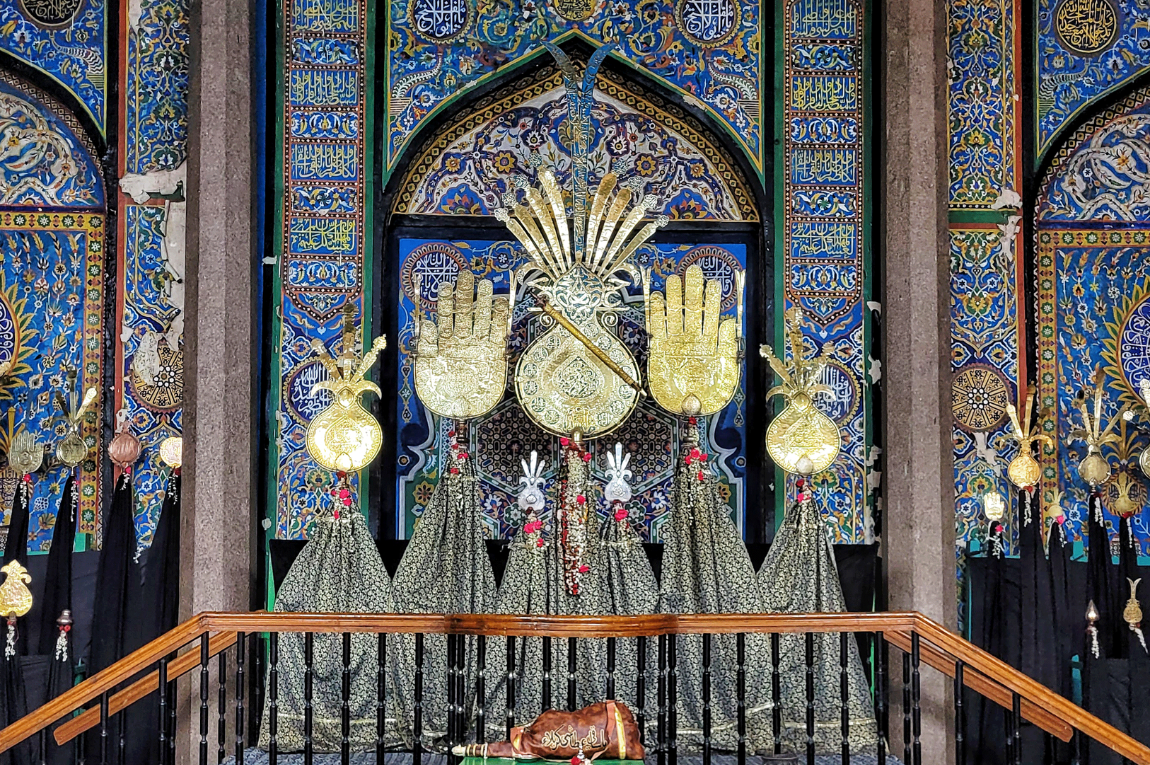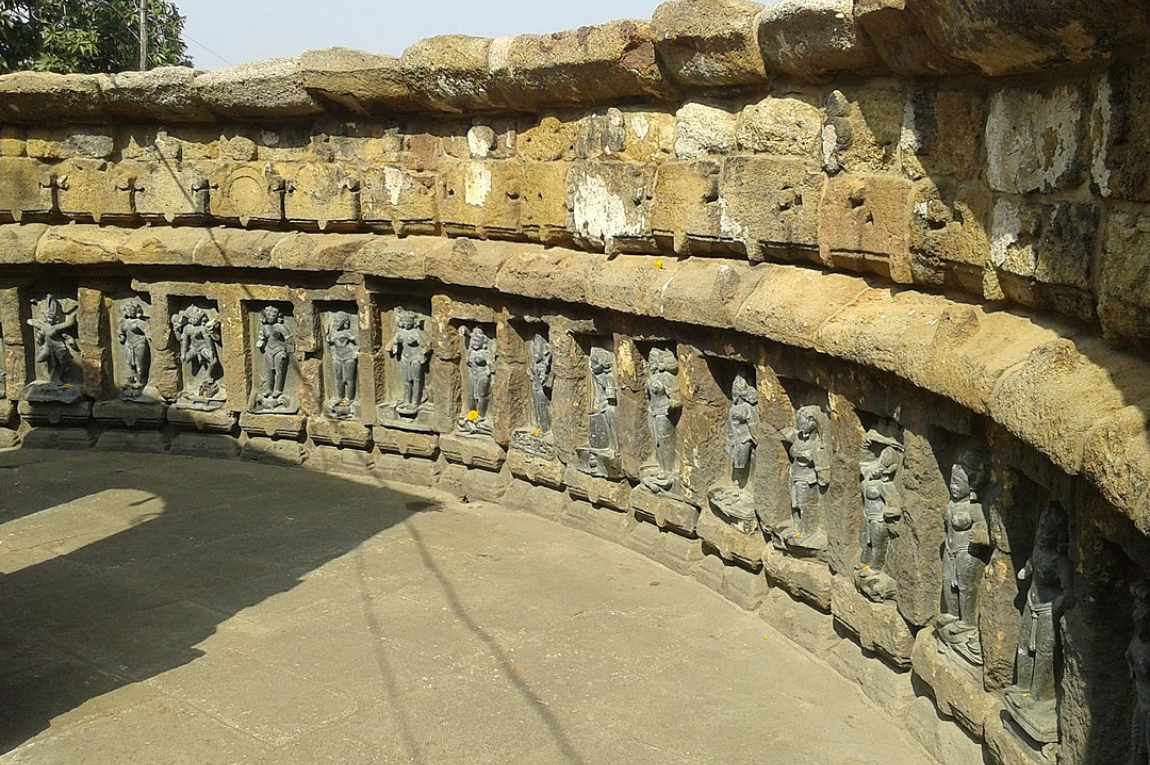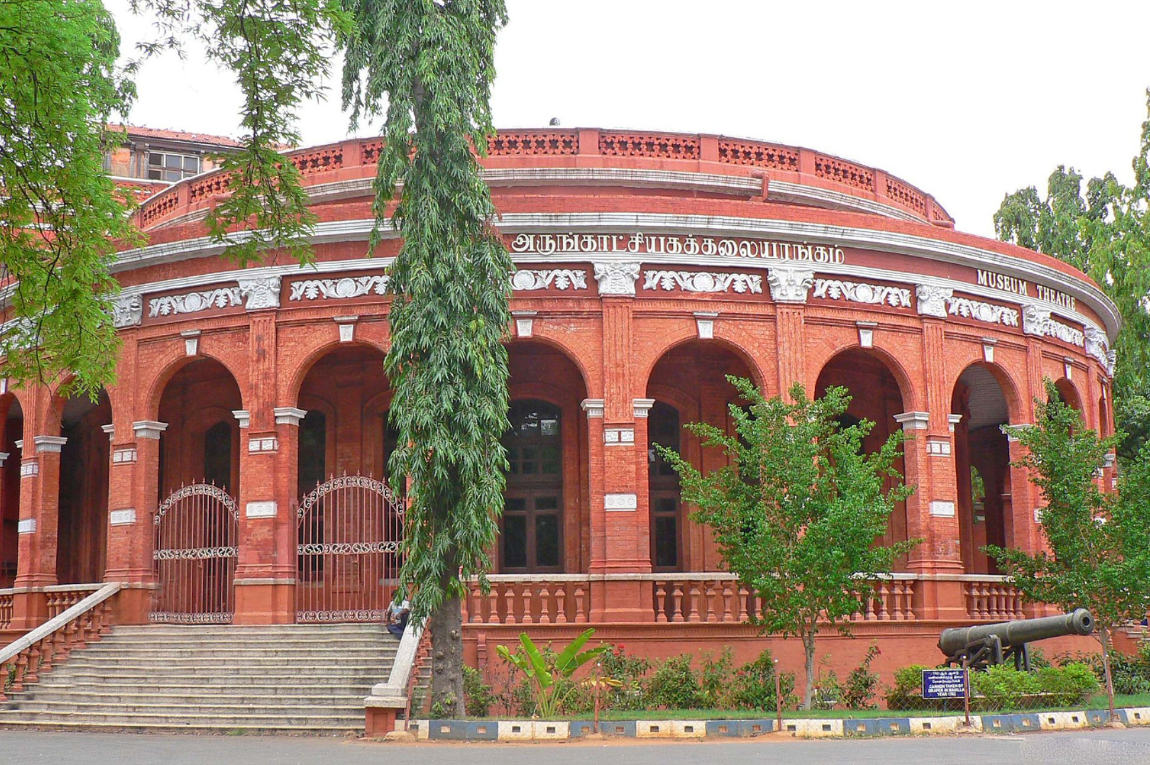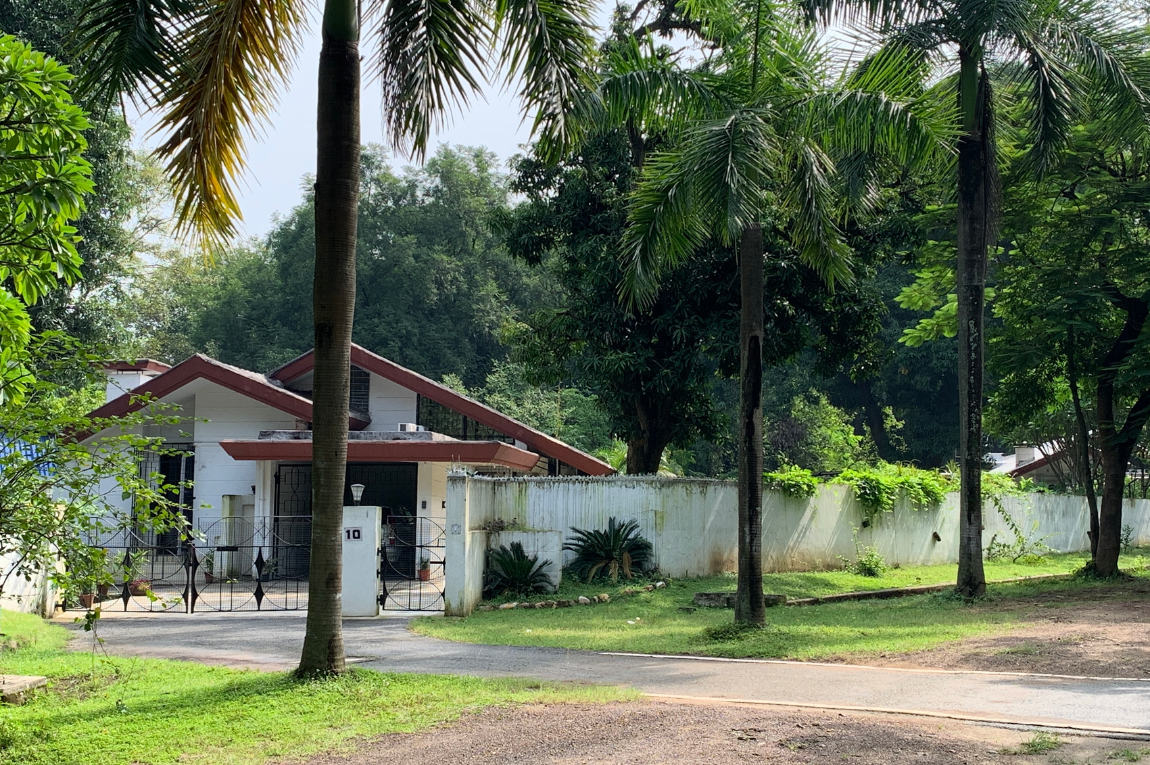In the run-up to Valentine’s Day, we asked some of our favourite writers to share books revolving around love that they have enjoyed reading. Not all of them are centred on the idea of romance in the true sense of the word — after all, love is ill-fated, redemptive, and unrequited too.
‘Days of Abandonment’ (2002) by Elena Ferrante
I don’t know what it means that I can’t think of a single book I’ve read — and enjoyed — recently, where people in love get the happy ending they want. Anyway, my pick of horribly painful love stories I’ve relished is Elena Ferrante’s Days of Abandonment. A woman’s husband leaves her one day suddenly, after 15 years of marriage, and we’re left to watch her go slowly mad with grief. How do you post-mortem your relationship, your life as you knew it — when your mind is unspooling, and reality is taking on an increasingly blurry quality? This is pre-Neapolitan-novels Ferrante, displaying early on that now-world-famous ability to elevate the inner lives of ordinary people into gripping page-turners.
—Cheryl-Ann Couto
The Neapolitan novels by Elena Ferrante, particularly ‘My Brilliant Friend’ (2011)
Love isn’t roses and beautiful sunsets in these books. The central pair is one of friendship between two women, something I haven’t read about in a long time. It’s real, with all the hard edges and jagged corners that come with two very different women in a friendship that’s a lot of work. We are allowed to watch — through four books — the evolution of that friendship, how it struggles when the women grow up, follow their work, fall in love, become mothers, and navigate people who hurt them, who love them, leave them, and people that stay.
—Sejal Mehta
‘H is for Hawk’ (2014) by Helen Macdonald
The barest bones of H is for Hawk can be summarised thus. Helen Macdonald, muffled by grief at her father’s sudden death, becomes a fugitive from life and in response, buries herself in the training of her goshawk, Mabel. This isn’t a happy book. It doesn’t have much of a happy ending either. It is about bereavement, about the thrum of unflinching misery, about ghosts, about trying to pack your loss away in boxes and failing. But it is also about redemption, about learning to congeal your tattered self into a whole person, and ultimately about love, for family, for nature, for maybe even a hawk.
—Meher Mirza
‘The Incurable Romantic: And Other Unsettling Revelations’ (2018) by Frank Tallis
In The Incurable Romantic, Dr Frank Tallis, a clinical psychologist, opens his casebook to tell us a dozen stories. We are introduced to stalkers, self-loathing paedophiles and men addicted to courtship. Each of them is ‘madly in love’, or it would perhaps be more accurate to say, their love resembles madness. Love is messy. It makes us obsessive and depressed. It leaves us sleepless. Madness and mania have the same symptoms. Love may not have a cure, but this book can well be effective treatment. Tallis says lovesickness should be taken a lot more seriously, while English novelist Ian McEwan says Tallis “leads us into the very heart of love itself”.
—Shreevatsa Nevatia
‘Milk Teeth’ (2018) by Amrita Mahale
One of my favourite new books is Amrita Mahale’s debut novel, Milk Teeth. (Read our interview with Mahale here.) It is beautifully crafted, and evokes not only a wistful nostalgia for the 1990s and life as it was then, but also places a complicated, layered story of love, disappointment, and social conditioning in this context. The book spoke to me because the feelings that define and motivate its characters are immediately familiar. And the inner challenges its female and male protagonists confront are ones all of us will recognise, regardless of time or place, and in spite of everything we think we know about ourselves.
—Manu Pillai
‘Light Years’ (1975) by James Salter
A great book about love, when reread at different times in your life, will reverberate in new and unexpected ways. James Salter’s Light Years illuminates the solidity and subsequent dissolution of the marriage of a wealthy American couple, its stylistic brilliance flowing seductively over every aspect of their lives. I return to the novel every few years and I am always astonished by its poetry and profound understanding of the passage of time.


